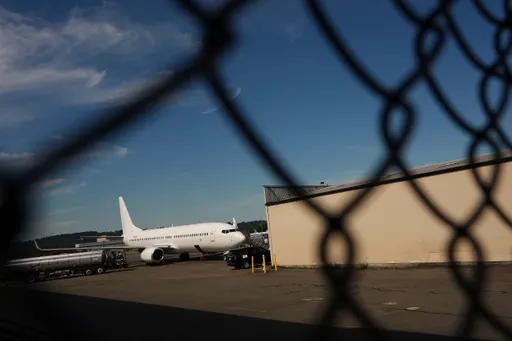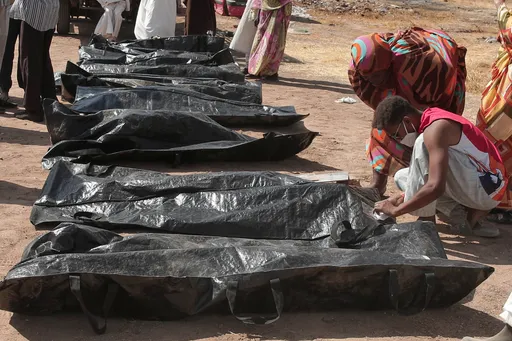By Abdulwasiu Hassan
The writing was on the wall for the Economic Community of West African States (ECOWAS) since January 28, when the military governments of Mali, Burkina Faso and Niger announced their withdrawal from the regional bloc.
The anticipated eventuality of this rift transitioning into a parallel confederation of Sahel states has now hit home in ways that could rattle the foundations of ECOWAS and have significant implications for regional stability.
The new confederation isn't just about a troika of founding members of the 1975-born regional bloc walking out in a huff.
The relationship between ECOWAS and the three West African countries ruled by the junta deteriorated last year after Niger's deposed President Mohamed Bazoum was toppled in a military coup led by Gen Abdourahamane Tchiani.
Soon after the coup, ECOWAS imposed sanctions on Niger and warned of possible military intervention if the elected civilian government wasn't reinstated.
The military leaders of Mali and Burkina Faso, who had also wrested power through coups d’état, were quick to come to the aid of the fellow military administration in Niger.
Together, the three countries accused France of using ECOWAS to attack them. By the beginning of 2024, they had decided to withdraw from the 49-year-old regional bloc.
ECOWAS attempted to firefight the crisis by lifting the sanctions it had clamped on Niger and trying to woo the three breakaway countries back to the community.
On July 7, as the leadership of the regional bloc assembled at its headquarters in Nigeria’s Abuja for the organisation's 65th ordinary summit, Niger, Mali and Burkina Faso's absence was accentuated by their joint announcement the previous day of a pact to establish the L'Alliance des États du Sahel (AES).
Omar Touray, president of the ECOWAS commission, expressed disappointment at the reluctance of Mali, Burkina Faso and Niger to rejoin the bloc. Not that he or anyone else might have realistically expected otherwise, given the three countries' diffidence since last year.
The implications
While the leaders of the Sahel alliance portray their action as a step taken in the interest of their people, some analysts think otherwise.
Burkina Faso's military administrator, Ibrahim Traore, said the steps he and his fellow junta chiefs had taken would lay the foundation for the "true independence, peace, and sustainable development" of their countries.
"The AES region has enormous natural potential that, if properly exploited, will guarantee a better future for the people of Niger, Mali and Burkina Faso," said Traore.
However, some believe the military leaders do not have the mandate of their people to take a step as drastic as pulling the three countries out of ECOWAS.
Sulaiman Dahiru, a retired career diplomat from Nigeria, is one of those holding that opinion.
The former Nigerian ambassador sees the military leaders of Mali, Burkina Faso and Niger projecting themselves as idealists but not realists.
"They are needlessly plunging their people into a socio-economic and political quagmire," he tells TRT Afrika.
However, people on either side of the divide are unanimous that this crisis will have a far-reaching impact.
While those on the side of the AES think the crisis has crippled the regional bloc, those on ECOWAS's half are hoping that the three countries will need to rethink their decision sooner or later.
Security situation
One of the casualties of the crisis within the sub-region is public security, which leaders on both sides profess to prioritise.
Even when the region's countries were cobbled together under ECOWAS, they still struggled to contain the dangers posed by bandits and insurgents.
According to analysts, the growing gap between the regional bloc and the countries breaking away from it would further embolden the bandits and insurgents already wreaking havoc on the region.
If there is any reason to be hopeful, countries in the region would likely use their collective influence to salvage ECOWAS and protect their common interests.
"If the remaining members of ECOWAS can pull their resources together and raise an army to confront the delicate situation, something positive may yet come out of it," says Dahiru. "The problem is that most of these countries have daunting financial problems to contend with."
One school of thought is that separation from the rest of the region would derail businesses in landlocked countries like Niger and Mali, as they rely on ECOWAS member countries to move goods by sea.
"These countries will suffer. Niger is already having problem in shipping its oil through Benin," Dahiru explains.
ECOWAS has mandated President Bassirou Diomaye Faye of Senegal and his Togolese counterpart, Faure Gnassingbé, to persuade the military rulers of Mali, Burkina Faso and Niger to rejoin ECOWAS.
While nobody is ruling out an end to the stand-off, the past year has shown that it will take more than diplomacy to break the ice.
➤ Click here to follow our WhatsApp channel for more stories.



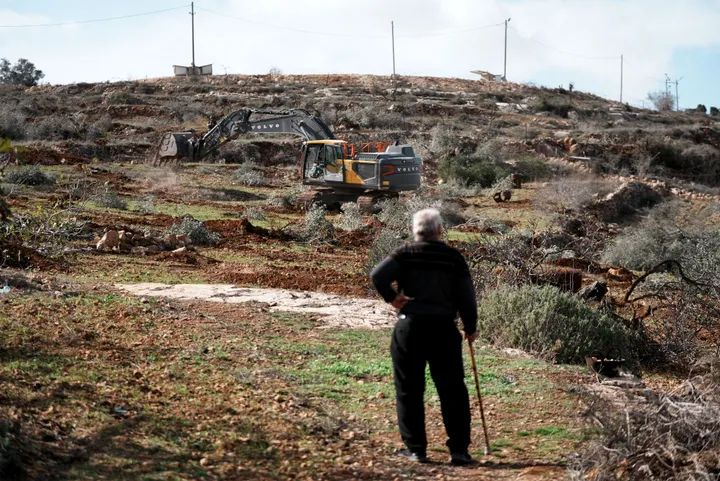
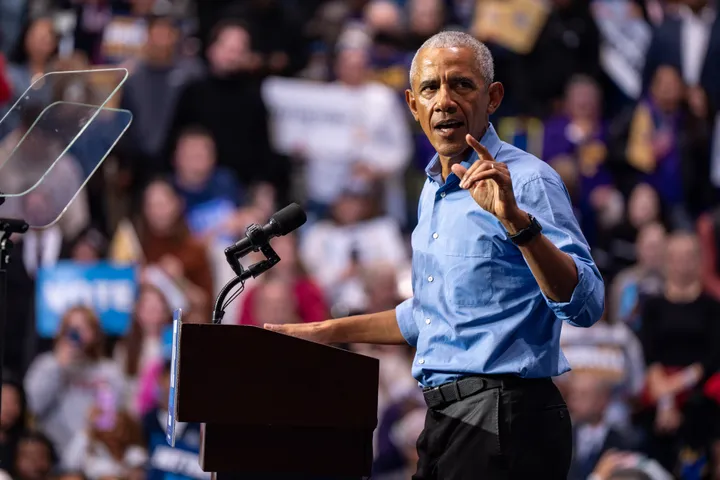




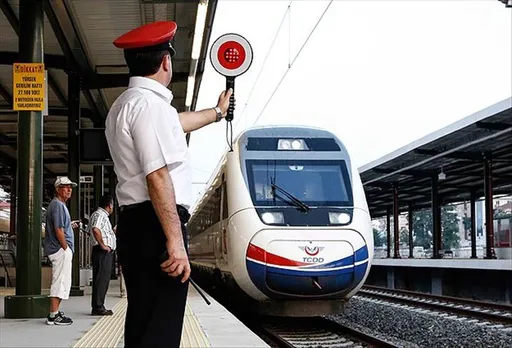

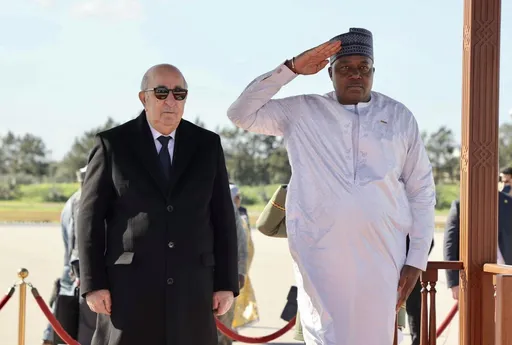
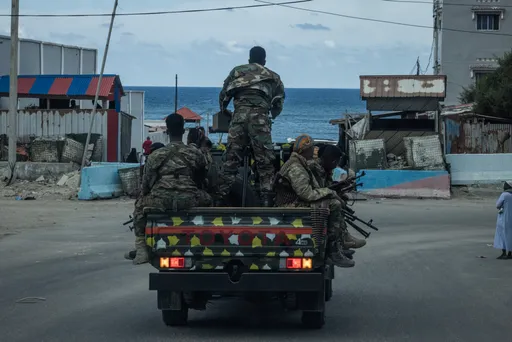

.JPG?width=512&format=webp&quality=80)





